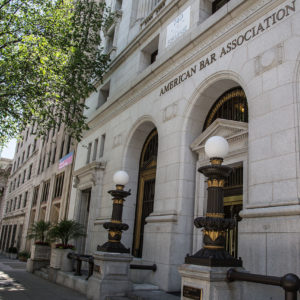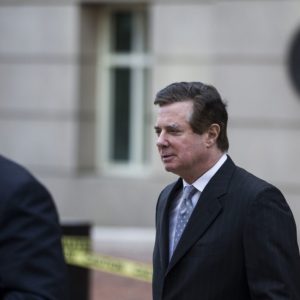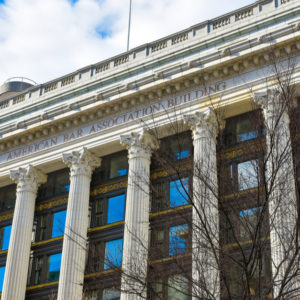Compared to the more aggressive beneficial ownership transparency reforms touted by anticorruption/AML advocates, and adopted in some other countries, the proposed U.S. legislation is fairly mild—but it is still, as prior commentators on this blog have emphasized (here and here), a welcome step in the right direction. After all, while the U.S. record on fighting global corruption and international money laundering is good in some respects (Foreign Corrupt Practices Act enforcement and the Kleptocracy Asset Recovery Initiative come to mind), when it comes to addressing the facilitators of corruption, such as corporate secrecy, the U.S. is a laggard (as illustrated by poor U.S. score on the Tax Justice Network’s 2018 “Financial Secrecy Index,” released last month). So it’s indeed encouraging that the TITLE Act, and its counterpart in the U.S House of Representatives (the less-cleverly-named “Counter Terrorism and Illicit Finance Act”) have received both bipartisan support and the endorsement of a wide range of interest groups—including not just anti-corruption, AML, and tax justice advocacy groups, but also representatives of law enforcement, the finance industry and other business interests (here and here). Many are cautiously optimistic that some version of these bills might actually become law this year.
But some opposition remains. The sources of that opposition are, in some cases, predictable: the Chamber of Commerce, for example, opposes these reforms, as does FreedomWorks, the lobbying group sponsored by the libertarian billionaire Koch brothers. One of the major opponents of the legislation, though, was more surprising, at least to me: the American Bar Association (ABA), which represents the U.S. legal profession. The ABA has come out strongly against this legislation, sending letters to the responsible committees in both the House and Senate expressing strong opposition to even these relatively mild reforms.




